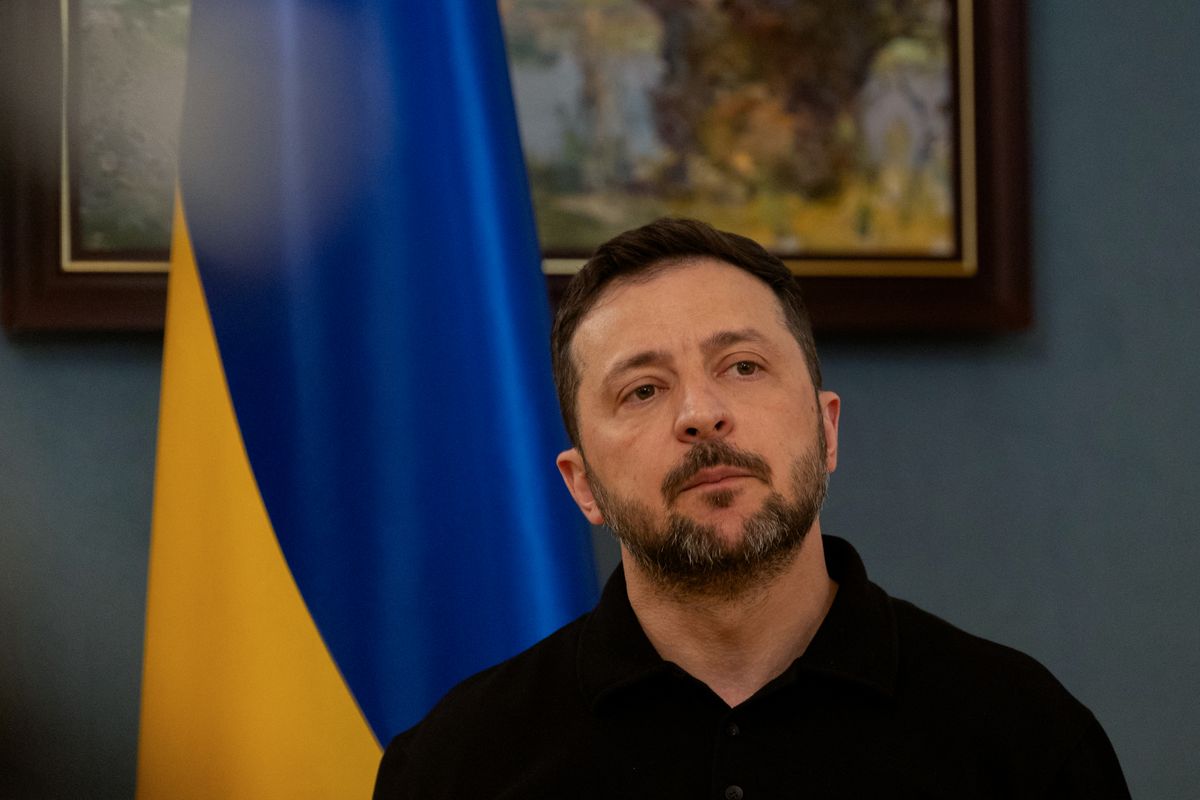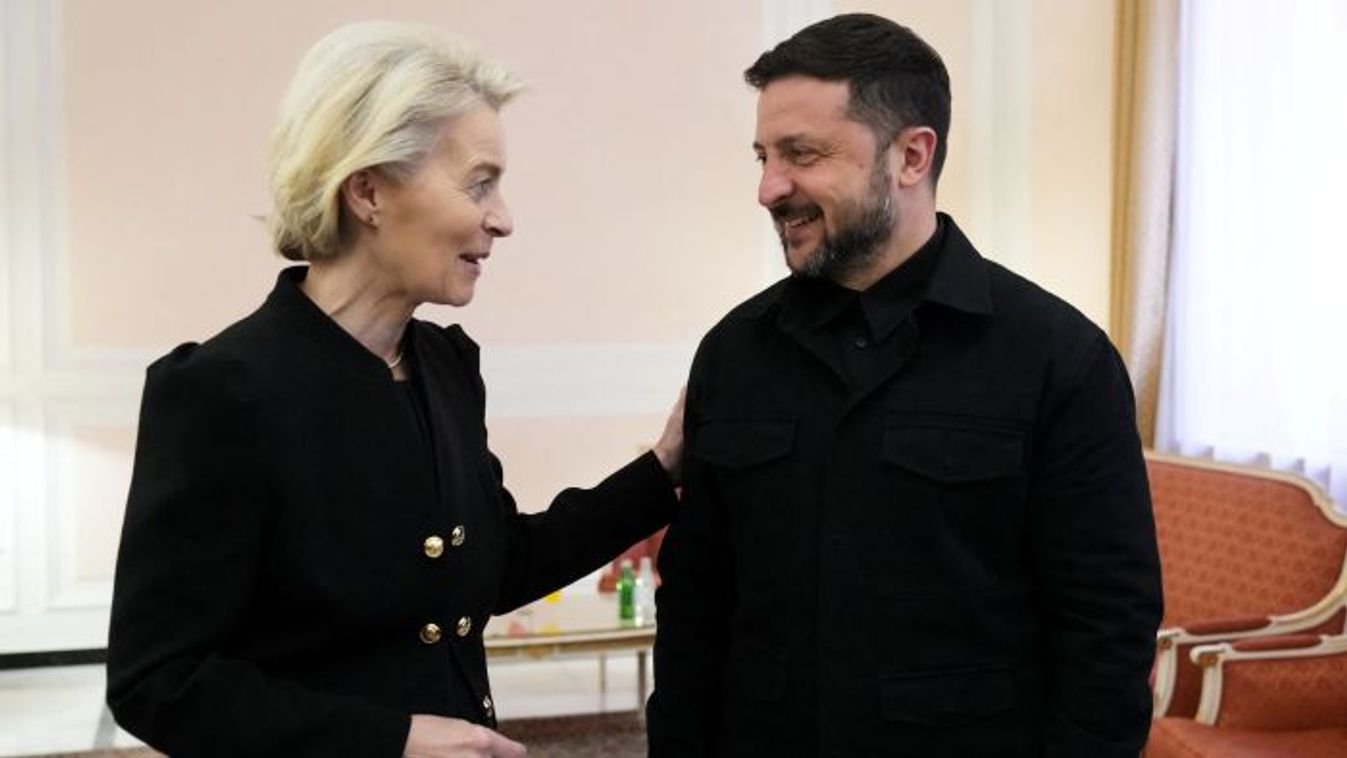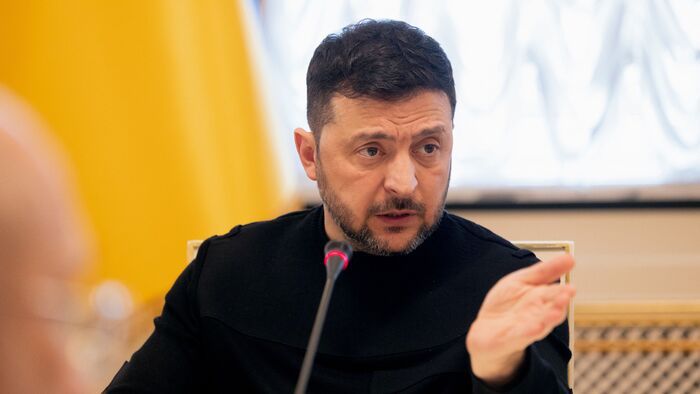Behind the proposal is an initiative from the Green Party, which outlines a new type of “innovative cooperation” for Kyiv in a draft resolution aimed at renewing the EU's internal market. However, the plan threatens not just the Hungarian economy, but also calls into question the fundamental principles of the entire European integration system. Ukraine’s integration into the EU common market is clearly driven not by rational arguments, but by political will.

Green Party Initiative Aims to Bring Ukraine Into the Common Market
The documents up for debate were authored by Anna Cavazzini, chair of the European Parliament’s Committee on the Internal Market and Consumer Protection (IMCO), and a member of the Green Party. The resolution urges improvements to the competitiveness of the EU market in several points, but takes a radical turn in point 36:
An innovative, complementary, and flexible cooperation with Ukraine, aimed at Ukraine’s gradual integration into the EU’s single market, in parallel with accession negotiations.
This constitutes a clear political intent: to grant Ukraine full access to the EU market before it formally becomes a member state.
Ukraine is Not Ready for Accession
The EU’s single internal market is based on four fundamental freedoms: the free movement of goods, services, capital, and people.






















Szóljon hozzá!
Jelenleg csak a hozzászólások egy kis részét látja. Hozzászóláshoz és a további kommentek megtekintéséhez lépjen be, vagy regisztráljon!